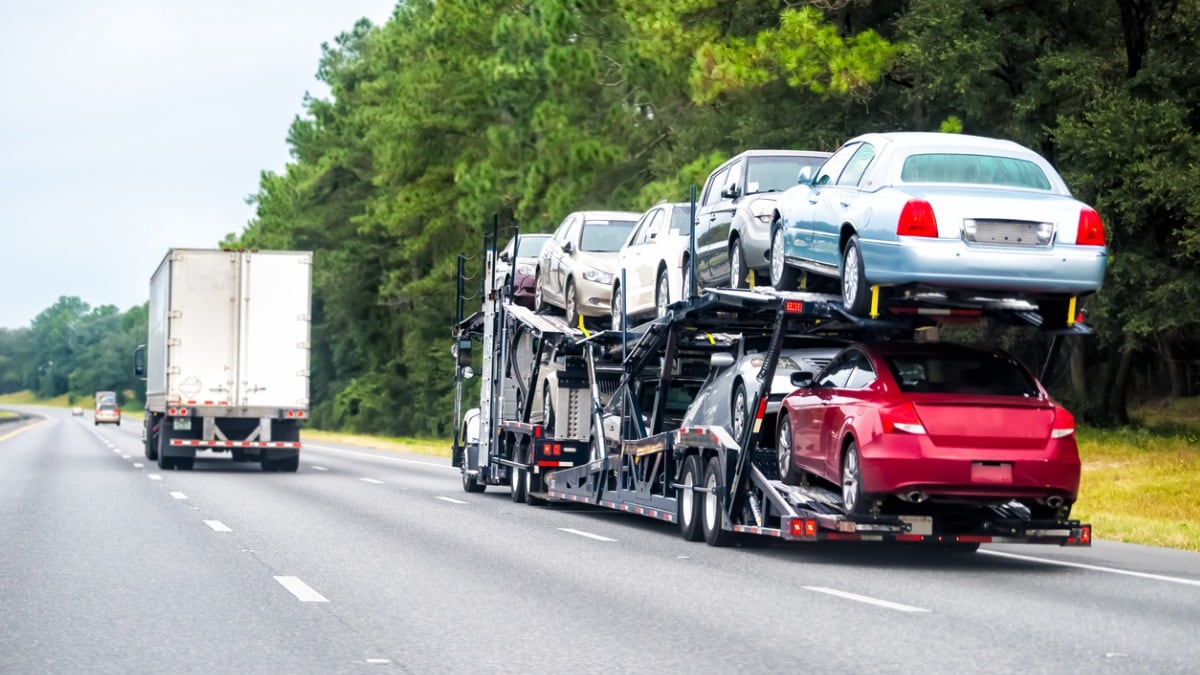President Trump on Monday floated granting exceptions to steep new tariffs on cars and car parts.
“I’m looking at something to help car companies with it,” he told reporters in an Oval Office gathering. The White House offered no specifics on which automakers might qualify for an exception or when.
Trump added, “They’re switching to parts that were made in Canada, Mexico, and other places, and they need a little bit of time because they’re going to make them here.”
Related: Plant Closures, New Stickers: Automakers Start Tariff Response
CBS News notes, “Mr. Trump has previously reversed course on tariffs, causing upheaval in financial markets and leading economists to raise the odds of the U.S. economy entering a recession this year.”
The Associated Press adds, “When Trump announced the 25% auto tariffs on March 27, he described them as ‘permanent.’ His hard lines on trade have become increasingly blurred as he has sought to limit the possible economic and political blowback from his policies.”
Moving Production Is a Slow Process
Administration officials have offered multiple reasons for their tariff program. Still, one of their most persistent claims has been that tariffs will force automakers to shift production to the U.S. Trump’s statement seems to imply that he may accept automakers simply announcing plans to move facilities rather than waiting to see production move.
That could come as a huge relief to automakers.
Car companies cannot move production quickly. They typically design new cars in cycles of five to 10 years. Each involves long-term contracts with suppliers for hundreds of different parts, usually sourced from multiple continents.
They build factories expecting to operate them for decades.
Related: Tariffs Pause Production, Import of Some Cars
With each presidency lasting just four years and Trump in his final term, automakers cannot change production locations and open new factories on his timetable.
But they may be able to change plans, if not current practices. If Trump will pause tariffs to give them more time, they may be able to announce future projects before he leaves office.
Bloomberg explains, “But company representatives have told the administration that broad parts duties would drive up costs by billions of dollars and trigger profit warnings and layoffs that would counter Trump’s goal of rebuilding U.S. auto manufacturing.”
Matt Blunt, president of the American Automotive Policy Council, an automaker trade association, told the AP, “There is increasing awareness that broad tariffs on parts could undermine our shared goal of building a thriving and growing American auto industry, and that many of these supply chain transitions will take time.”








